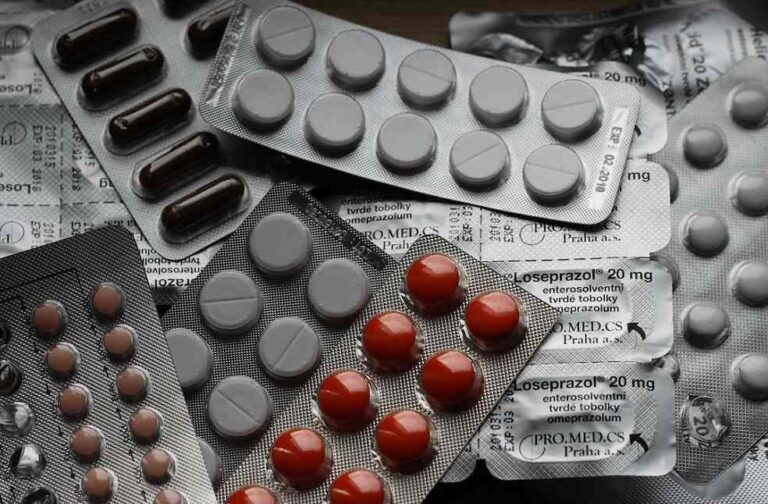Recent executive orders signed by former U.S. President Donald Trump are poised to disrupt Indian pharmaceutical exports and trigger a restructuring of global drug supply chains, according to a report by Nuvama Research.
The orders focus on reshoring pharmaceutical manufacturing to the United States, encouraging domestic production of medicines, APIs (Active Pharmaceutical Ingredients), KSMs (Key Starting Materials), and raw materials. This move could significantly undermine the competitive advantage long enjoyed by Indian drugmakers, particularly in the generics sector, where India has led with its cost-effective production and global export dominance.

Referred to as the ‘pharmacy of the world,’ India supplies a large volume of affordable generic drugs to the U.S. market. However, Trump’s directives now urge U.S. federal agencies to prioritize domestic manufacturing, fast-track regulatory approvals for U.S.-based plants, intensify inspections of foreign facilities, and impose higher compliance costs on overseas manufacturers.
“If fully implemented, the new policy could reshape global pharma supply chains,” the Nuvama report warned. It added that over recent months, U.S.-based innovative pharma firms have collectively announced around $15 billion in capital expenditure plans aimed at bolstering domestic production.
A key component of the executive orders is the likely requirement for pharmaceutical companies to disclose the source of APIs used in drug formulations. While many Indian companies manufacture finished dosage forms domestically, they are still heavily reliant on China for APIs, exposing them to further scrutiny and potential regulatory hurdles in the U.S.

The push for reshoring is also framed as a national biosecurity priority. One of the two orders includes limits on funding for research that increases virus pathogenicity, citing concerns about potential biological threats.
While Indian pharma firms have largely remained silent so far, analysts suggest the new measures could raise operational costs and reduce their cost competitiveness in the crucial U.S. market. If fully enforced, Trump’s policy shift could not only impact India’s pharmaceutical export revenue but also lead to a broader reorganization of the global generic drug ecosystem.
POLICY & LAW | UK and India Finalize Trade Agreement to Elevate Economic Ties



